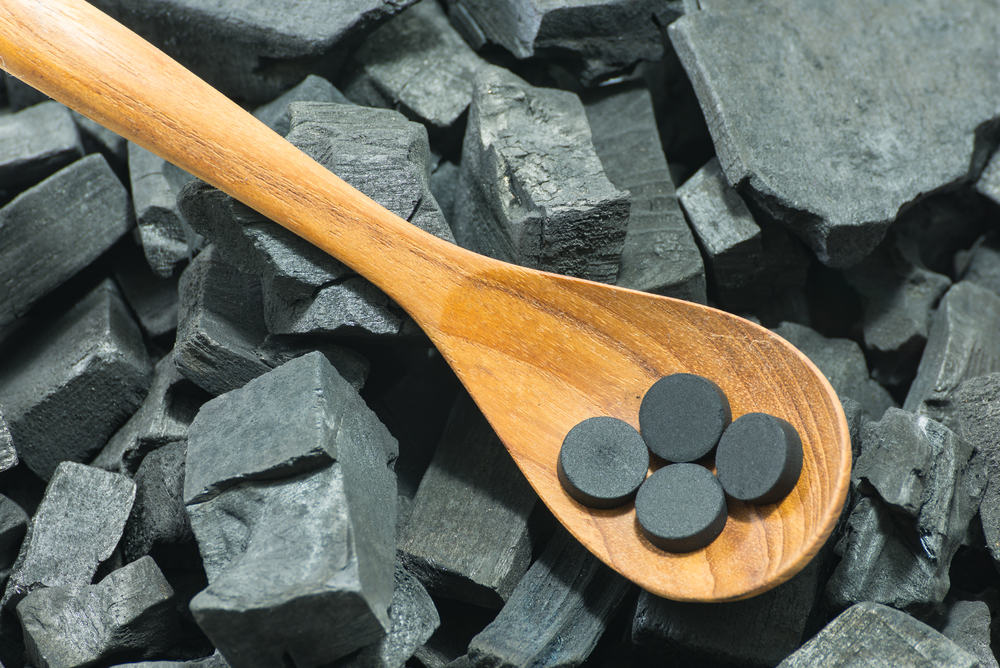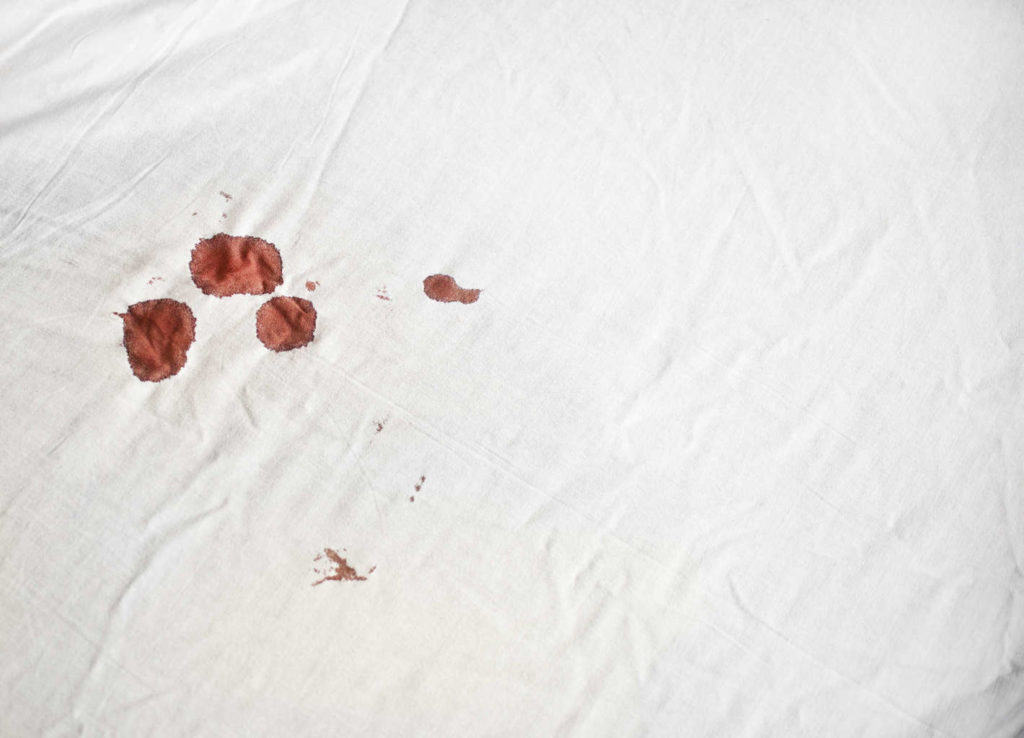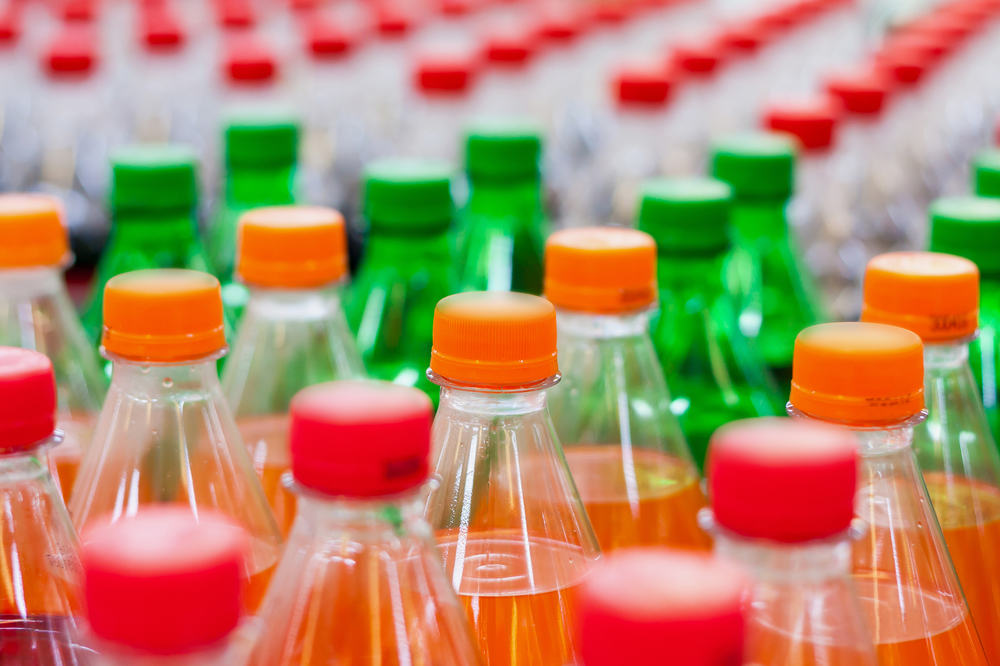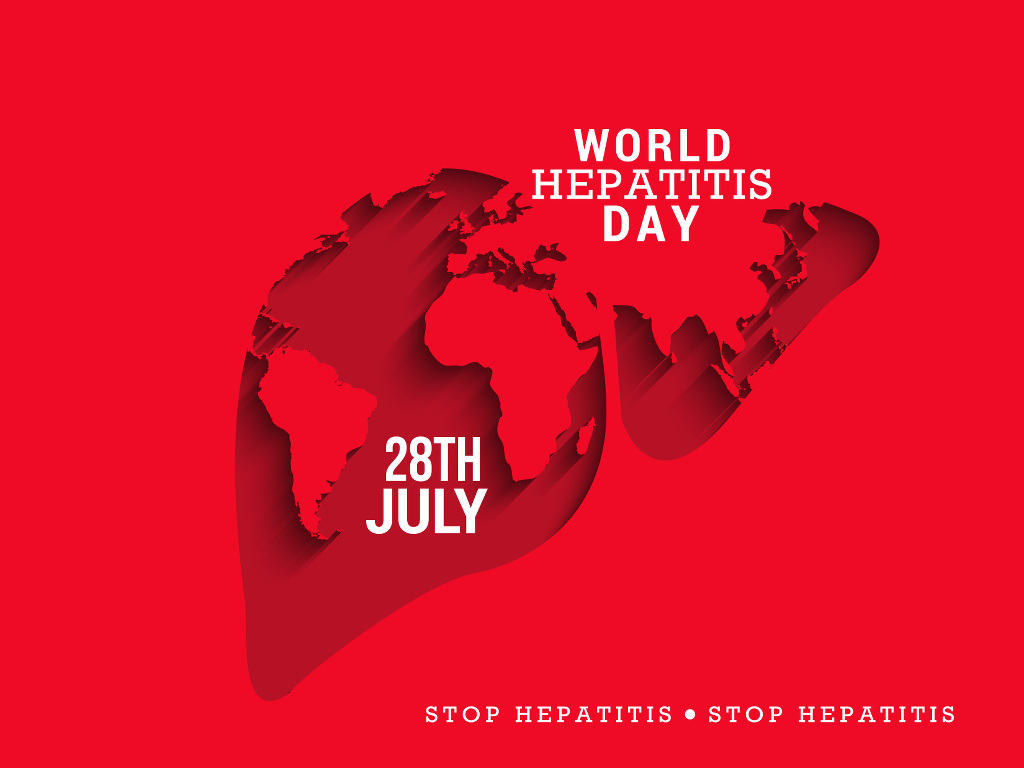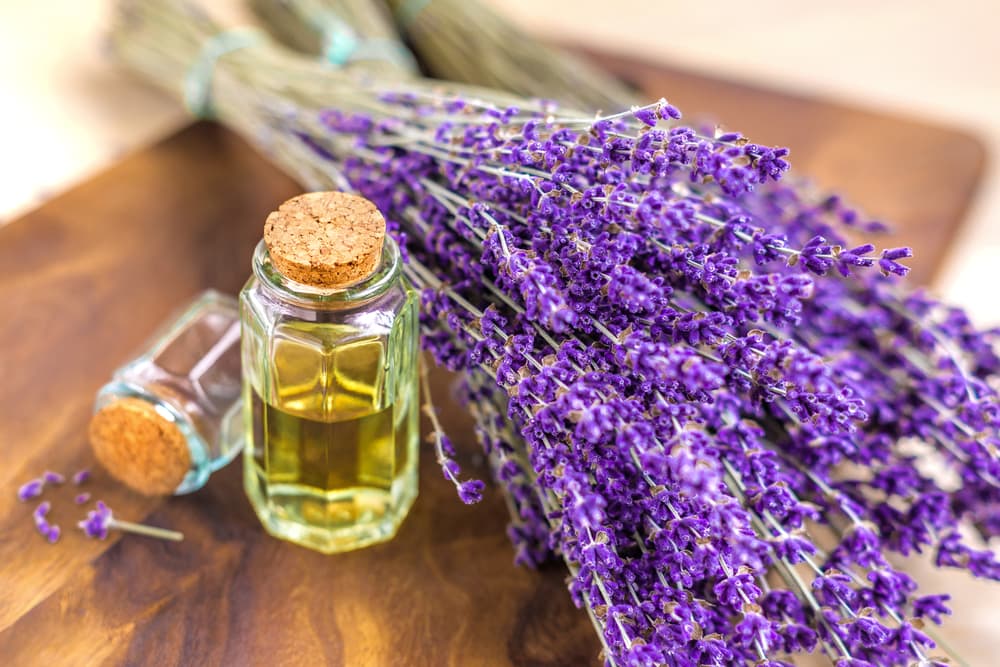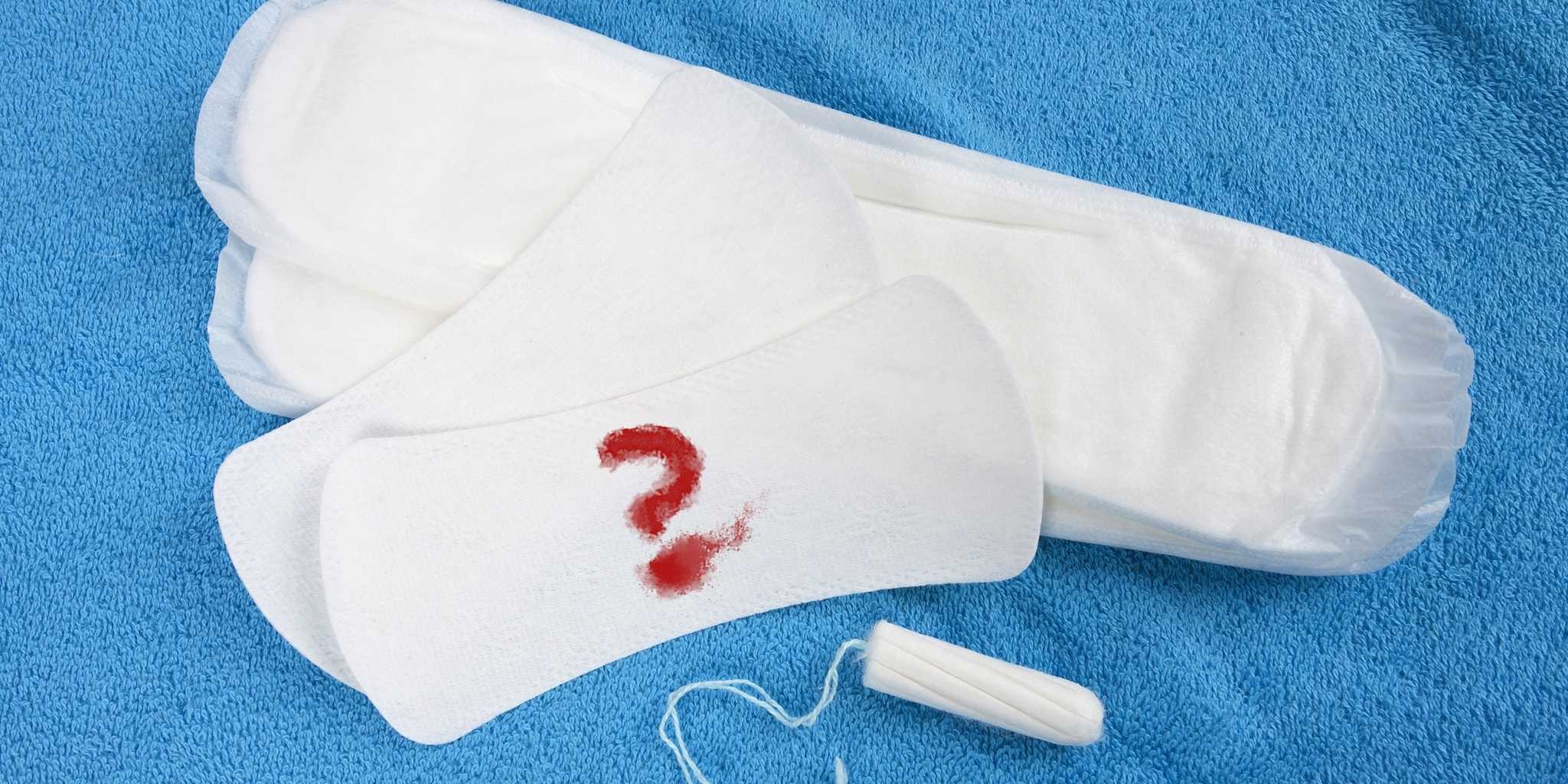Contents:
- Medical Video: Top 6 MISLEADING Facts About Skincare LABELS: What You Didn't Know! (Part 2)
- 1. Asian skin ages more slowly
- 2. Asian skin is more easily scarred
- 3. Asian skin is more oily
- 4. Asian skin is more sensitive
- 5. Asian skin is easier to lose moisture
- 6. Asian skin is prone to hyperpigmentation
Medical Video: Top 6 MISLEADING Facts About Skincare LABELS: What You Didn't Know! (Part 2)
We all know Asian people's skin has many differences compared to other skin types. However, do you know what makes Asian skin different? Genetic and weather conditions. As a result of these factors, Asians need different skin care.
1. Asian skin ages more slowly
Asian women often look younger than other race women of their age. What makes Asian skin last longer than aging? The secret is the thick dermis of Asian skin. The dermis is a layer of skin that contains collagen and elastin, which are 2 types of binding cells that play a role in elastic and elastic skin. The more collagen and elastin, the less wrinkles you have.
2. Asian skin is more easily scarred
Asian skin is more prone to scarring, especially acne scars. The reason is that Asian people's skin has a thin stratum corneum, the outermost layer of the epidermis, which contains dead skin cells. The Stratum corneum acts as a barrier to protect the underlying tissue. Having a thinner stratum corneum means that your skin is more vulnerable and difficult to fully recover. Therefore, you must protect the outside of your skin and deal with acne carefully.
3. Asian skin is more oily
Asian skin is more oily due to external and internal factors. More oil glands that produce oil (sebum). Oil production is a natural process to make skin supple and soft. If you have more oil glands, the skin will produce excess oil. Moisture can also activate the oil glands to react excessively, causing oily skin. Oily skin can make the pores enlarge, so that pimples easily appear.
4. Asian skin is more sensitive
Asian skin is more sensitive because of the thinner stratum corneum. Hot, cold, winter, and chemicals can irritate the skin easily. You need to be careful when choosing hard-wasting skin care products. You may need special products for sensitive skin or consult a dermatologist.
5. Asian skin is easier to lose moisture
Dermatologists use the term "Trans-epidermal Water Loss" (TEWL) to measure the moisture content that comes out of the body under conditions of not sweating. Some studies show that the results measured on the skin of Asians have the highest rates compared to other races. If your skin does not have enough moisture, the skin will become dry and can be scaly, itchy, and cracked. To hydrate your skin, you need to use a moisturizer that is rich in water content such as hyaluronic acid.
6. Asian skin is prone to hyperpigmentation
Each skin type has the same amount of melanocytes, or skin cell pigments that produce melanin to give color to the skin. Melanocytes also play a role in protecting the skin from the sun's UV rays. Melanin levels produced by melanocytes can vary. Many researchers have shown that Asian skin has more melanin. This causes Asian skin to be more susceptible to pigmentation disorders such as hyperpigmentation, melasma, spots, and aging spots.
To prevent skin from sun damage, you should use a sunscreen with SPF 30 or more. Using protective clothing and accessories from the sun, such as long sleeves, hats and sunglasses when going outdoors can also help.
Asian skin is different from other skin types and requires special attention. Don't forget to protect your skin from sun damage and choose the right skin care routine that is most suitable for your skin. You can consult your dermatologist for further advice.
READ ALSO:
- Tips for Recognizing Harmful Skin Whitening Creams
- 5 Ways to Get Rid of Redness of Acne Overnight
- 10 Small Habits That Make Facial Skin Fast Wrinkles


